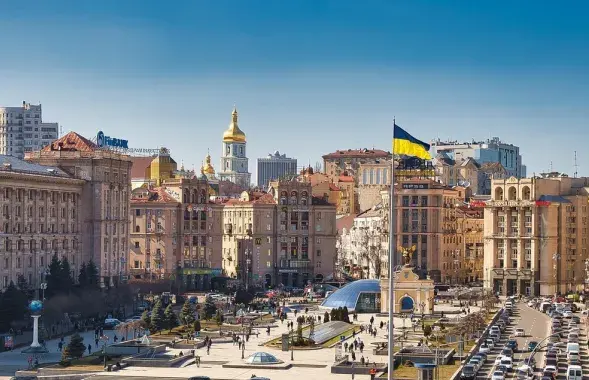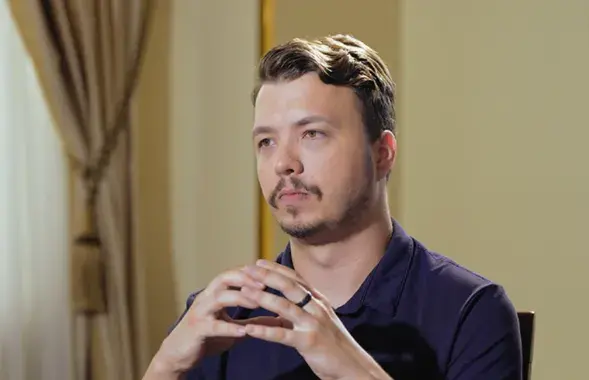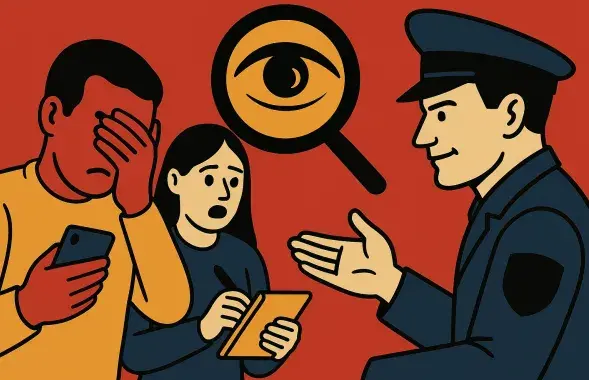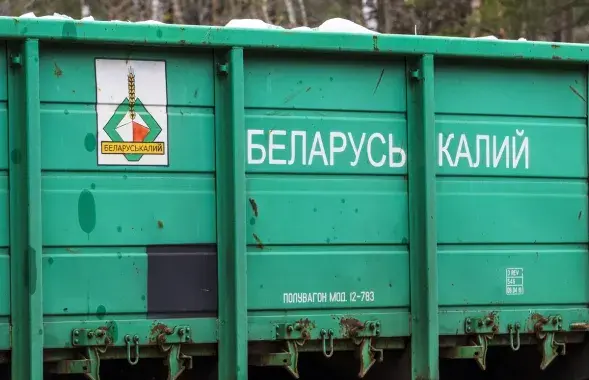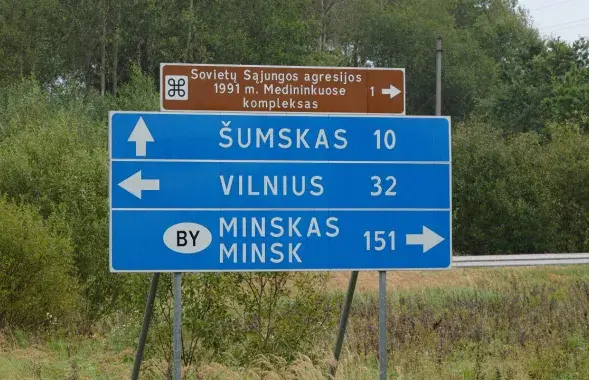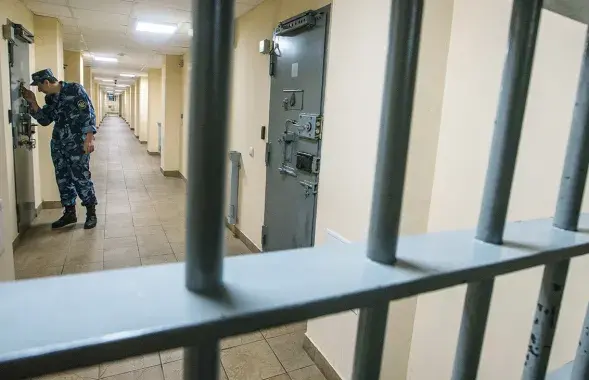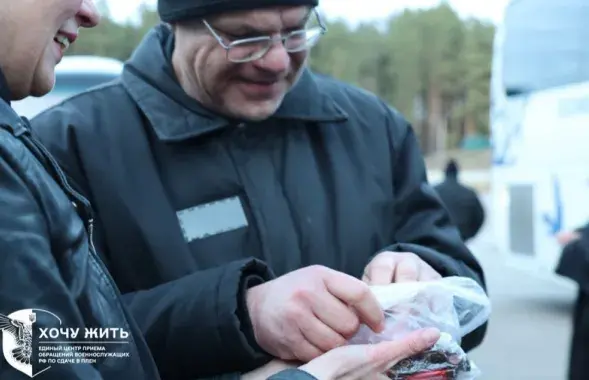Part six. The spirit of revolution and the smell of socialism
Revolution means everything to Cuba. Socialism means even more. The city of Holguin welcomed us with the words "Socialism or Death" on the building of the local airport. Revolutionary posters can be seen everywhere, even in far-flung villages. Roads do not necessarily have signs but Che Guevara or Fidel Castro portraits are a must. You can also find graffiti on the asphalt saying “Viva Fidel! Viva Raul!”
On coming across "Safe Journey", we were surprised and could not understand: "How come? Is this a non-propaganda slogan?..”
The Committee to Defend Revolution (CDR) was founded in Cuba in 1960 in order to defend the ideas of revolution from internal enemies. Today, CDR departments are located on every street, every block and even in small villages. In Havana alone, there are over 15,000 committees. Across Cuba, there are over 100,000 committees, with nearly 70 percent of the population being CDR members.
On the one hand, CDR resembles our trade unions. They collect blood for hospitals, send workers for vacations and organize cultural events. However, their main task is to gather information about every resident of a certain CDR zone. CDR members monitor people and file their information with the highest authority: Interior Ministry. One can often see people under CDR signs who seem to be sitting idle and doing nothing. However, they are monitoring. This is their job.
At the first glance, one can think that Cubans are indeed excited about the ideas of revolution and the current authorities. However, when you engage more closely with some residents of the Freedom Island, you understand that people are not happy with many things. At the same time, they are busy with earning everyday bread for their families and forget about their revolutionary struggle.
In Holguin, a Cuban taxi-driver nicknamed "Chinese" (because of his Chinese roots) brought us with his old Soviet-made Lada car from the airport to our booked apartment. Next morning, we saw him at the door. He had waited for us in order to take us to the Central Park, just two blocks away.
- Two peso only, he said.
- No, thanks. We will take a walk to see the city, we tried not to give up.
But we eventually did and had a chat. He had quit his guitar teaching job just two months ago, because it did not earn him a living. He used to make 440 Cuban peso. He had to pull out his old car and began taxiing tourists.
In 1996, his brother fled to US on a self-made boat. He is now a construction worker. Every month, he sends money to his seven brothers in Cuba.
We met this taxi-driver several days after when we came back to Holguin from our trip. We agreed that he would take us to the airport. On the way to the airport, he started talking about the opposition. He complained that few Cubans knew about it. However, he still hopes that democratic changes will also come to the Freedom Island.
At the airport, we met another Cuban who had quit his profession in order to make more money. Now he works as a bartender. He speaks fluent English. It turned out that he had worked as an English teacher before. Now he works at the bar 15 hours per day. He says it is hard, but he needs money.
To be continued...
On coming across "Safe Journey", we were surprised and could not understand: "How come? Is this a non-propaganda slogan?..”
The Committee to Defend Revolution (CDR) was founded in Cuba in 1960 in order to defend the ideas of revolution from internal enemies. Today, CDR departments are located on every street, every block and even in small villages. In Havana alone, there are over 15,000 committees. Across Cuba, there are over 100,000 committees, with nearly 70 percent of the population being CDR members.
On the one hand, CDR resembles our trade unions. They collect blood for hospitals, send workers for vacations and organize cultural events. However, their main task is to gather information about every resident of a certain CDR zone. CDR members monitor people and file their information with the highest authority: Interior Ministry. One can often see people under CDR signs who seem to be sitting idle and doing nothing. However, they are monitoring. This is their job.
At the first glance, one can think that Cubans are indeed excited about the ideas of revolution and the current authorities. However, when you engage more closely with some residents of the Freedom Island, you understand that people are not happy with many things. At the same time, they are busy with earning everyday bread for their families and forget about their revolutionary struggle.
In Holguin, a Cuban taxi-driver nicknamed "Chinese" (because of his Chinese roots) brought us with his old Soviet-made Lada car from the airport to our booked apartment. Next morning, we saw him at the door. He had waited for us in order to take us to the Central Park, just two blocks away.
- Two peso only, he said.
- No, thanks. We will take a walk to see the city, we tried not to give up.
But we eventually did and had a chat. He had quit his guitar teaching job just two months ago, because it did not earn him a living. He used to make 440 Cuban peso. He had to pull out his old car and began taxiing tourists.
In 1996, his brother fled to US on a self-made boat. He is now a construction worker. Every month, he sends money to his seven brothers in Cuba.
We met this taxi-driver several days after when we came back to Holguin from our trip. We agreed that he would take us to the airport. On the way to the airport, he started talking about the opposition. He complained that few Cubans knew about it. However, he still hopes that democratic changes will also come to the Freedom Island.
At the airport, we met another Cuban who had quit his profession in order to make more money. Now he works as a bartender. He speaks fluent English. It turned out that he had worked as an English teacher before. Now he works at the bar 15 hours per day. He says it is hard, but he needs money.
To be continued...
